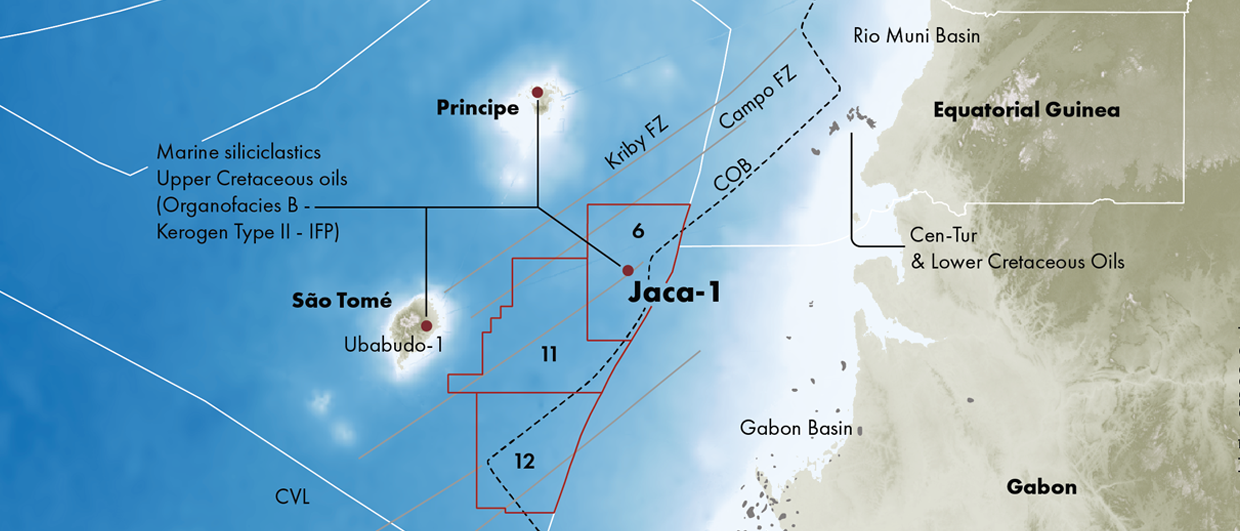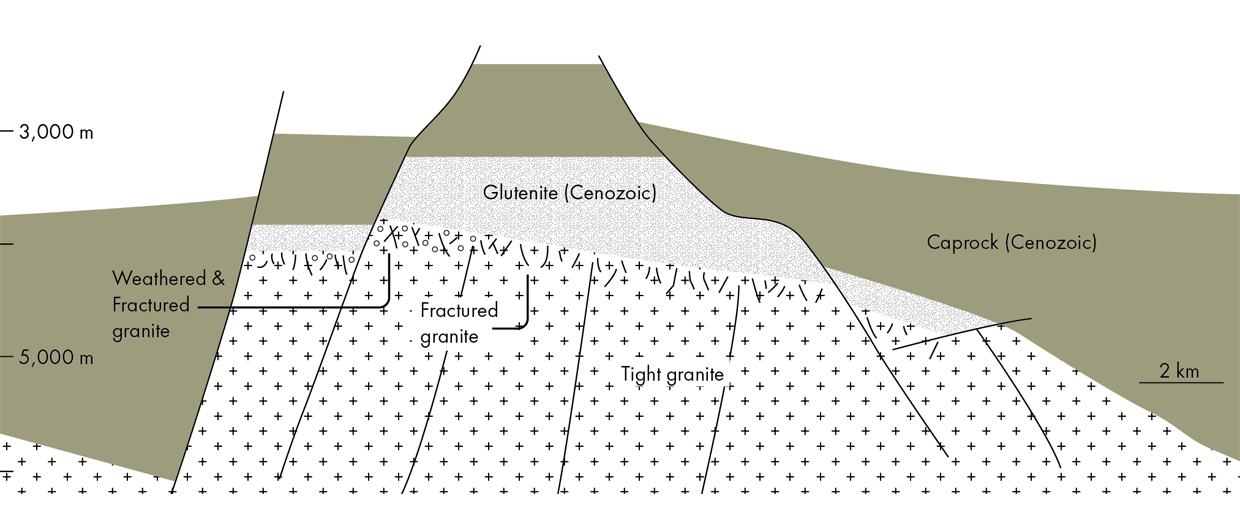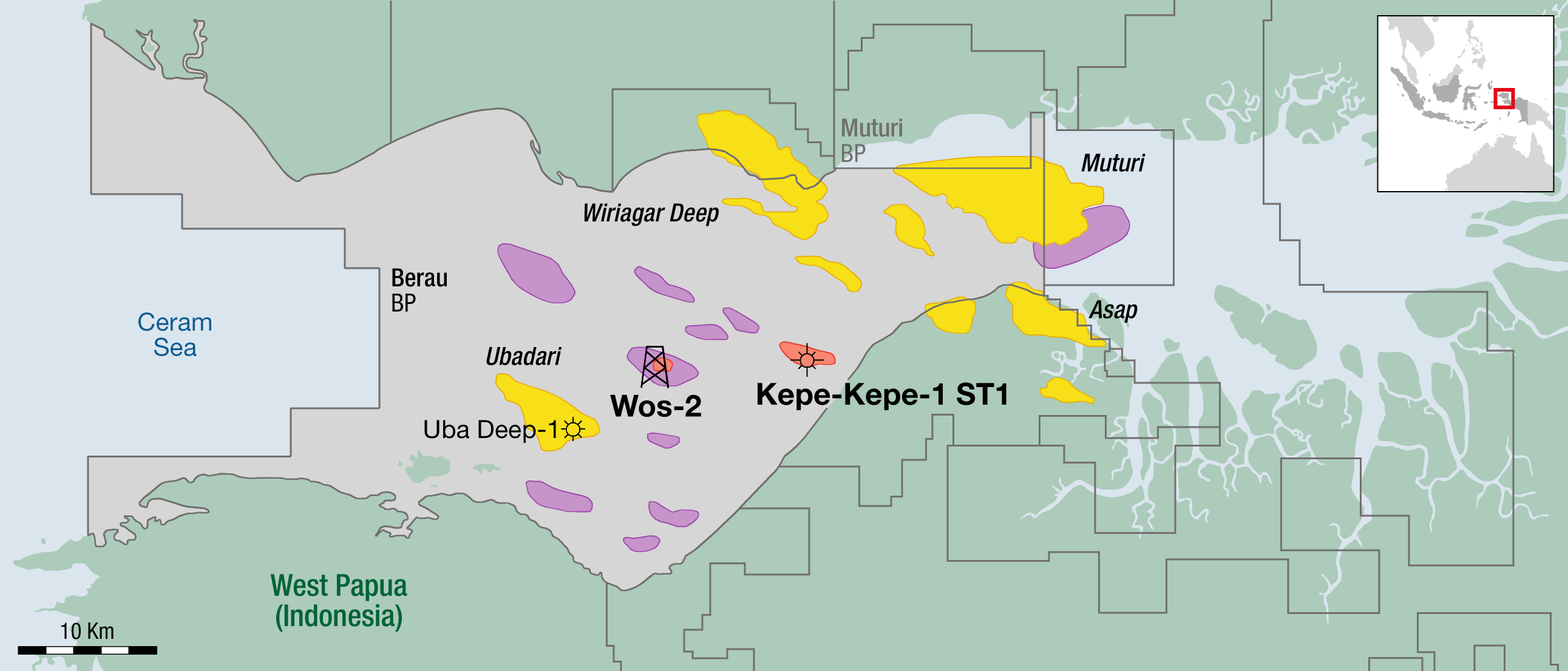Professor Dick Selley fills us in on some history of the Barrel Award
In 1975 I returned to the Geology Department of Imperial College after years working for oil companies, where I had learnt that exploration success depended not only on technical know-how, but also on professional skills: to work to a deadline or in a team; to make decisions on inadequate data and to give lucid oral presentations. Accordingly, I restructured the Masters programme around a series of projects, the foremost being the ‘Barrel Award’. The class was divided into teams, carefully constructed with respect to gender, ethnicity, and experience, with a mix of raw graduates and geologists with industry experience. After two months, the teams had to present and defend their recommended blocks in the North Sea before a panel of North Sea Exploration Managers. The winning team was awarded the barrel – not of oil, but of beer. This was enjoyed by students, staff and panellists in a modest fiesta at the conclusion of the day.
Professor Dick Selley.
The first Barrel Award project was in 1976 when there was no publicly available North Sea data, but in subsequent years, as more data became available, the projects assessed successive rounds of UK Continental Shelf licensing. Teams had to identify three blocks that they considered the most prospective, in terms of reservoir, source rock, burial history and seal. Competition was fierce, and industrial espionage between teams common.
The examining panel of North Sea Exploration Managers were consistently amazed, not only at the professional expertise of the students, but also their acumen. One year a panellist remarked “How come these guys zeroed in on the same blocks as my company, with only limited data?” The high point of the Award, however, came when one team identified the future Beatrice Field in the Moray Firth as their hottest prospect. All four oil company Exploration Managers in the panel had rejected farm-in offers on the block…
Over the last 30 years the Barrel Award has evolved dramatically. No longer do students stay up into the small hours hand colouring prints of their montages. Seismic data are more readily available, accessible in workstations, and can be integrated with logs and incorporated into presentations. Thus, the technology of the Barrel Award keeps pace with the industry. Nonetheless the intellectual challenges remain the same as students manipulate data, develop play concepts, learn teamwork, meet deadlines and present to expert panels.
The AAPG developed the Imperial Barrel Award into an international competition in 2007. Imperial College was allowed a place in the final for the first two years, gaining second prize on both occasions. It is unlikely that they will progress to the finals ever again, because under AAPG rules participating departments may compose their teams of their top students. Imperial’s Barrel Awards teams are not its top students, but still a mix balanced by gender, ethnicity and experience. An illustration of a great British tradition: to invent a game, teach it to foreigners – and let them beat us at it.
Advertisement





